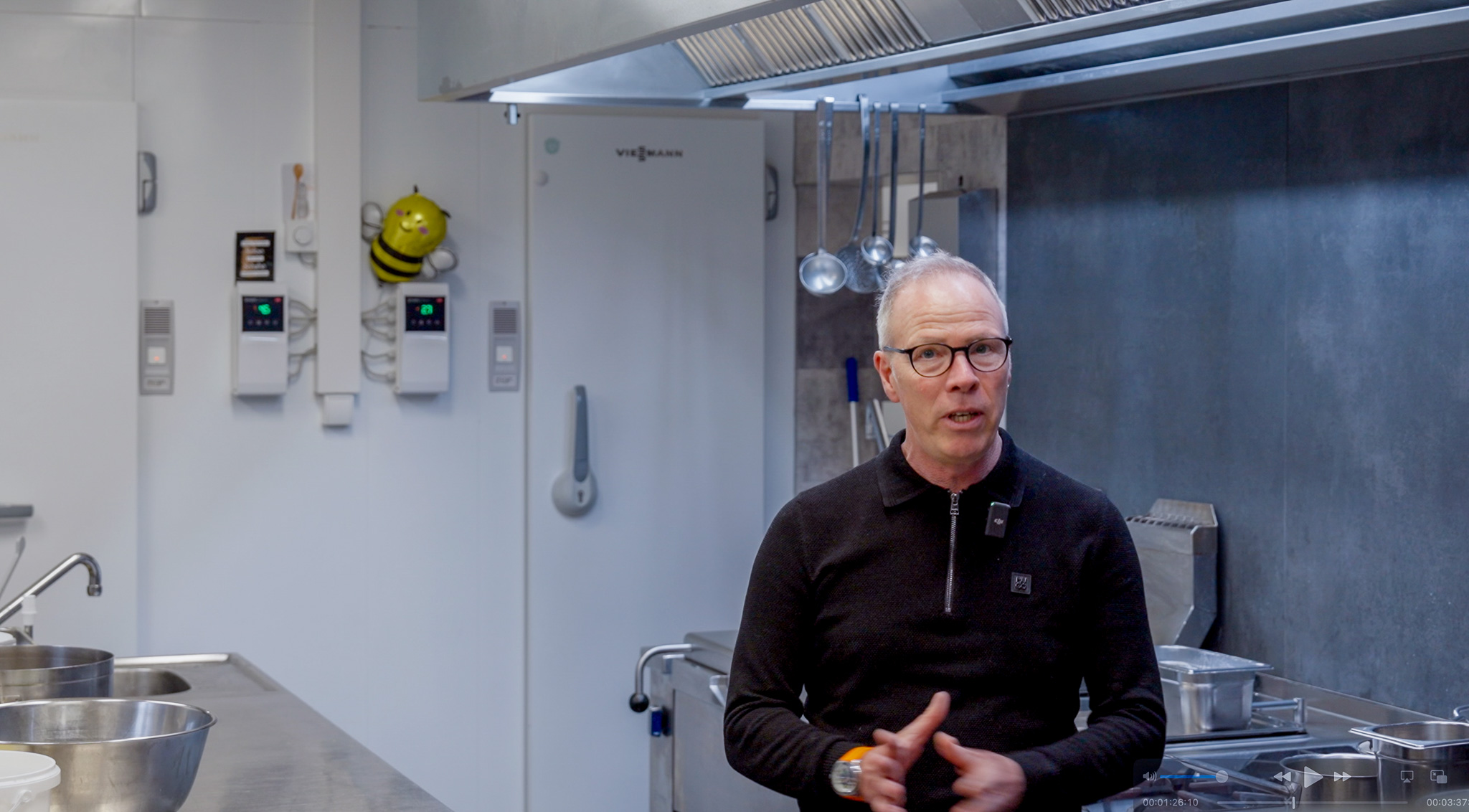Refrigeration systems are an important component in many industrial sectors where cooling is required. Reliable operation and high energy efficiency are crucial for successful production. Natural refrigerants such as carbon dioxide, ammonia or propane are an environmentally friendly and economical alternative to synthetic refrigerants. In this blog post, we would like to introduce you to the benefits of natural refrigerants in the industry.
- Environmental friendliness
Natural refrigerants help to prevent harmful chemical substances from being released into the atmosphere, thereby reducing environmental pollution. Unlike synthetic refrigerants, natural refrigerants are biodegradable and have no negative impact on the ozone layer. Carbon dioxide (CO2) in particular is becoming increasingly popular as a refrigerant in industry, as it is produced as a waste product in many industrial processes and is therefore a cheap and sustainable refrigerant.
- Energy efficiency
Due to their high density and specific heat, natural refrigerants have a higher cooling capacity than synthetic refrigerants. This makes it possible to use smaller refrigeration systems with the same cooling capacity, which has a positive effect on the energy balance. Propane as a refrigerant, for example, has up to 15 percent higher energy efficiency than synthetic refrigerants.
- Security
Natural refrigerants are much safer than synthetic refrigerants as they are non-toxic, non-flammable and odorless. Ammonia, for example, is a very efficient refrigerant, but it can be dangerous if handled incorrectly. But even in the event of a leak, ammonia would evaporate quickly, thus minimizing the risk. At KSI, we specialize in the construction and operation of systems with natural refrigerants.
- Cost efficiency
In most cases, the use of natural refrigerants is more cost-effective than synthetic refrigerants. On the one hand, natural refrigerants are usually much cheaper to purchase, and on the other hand, they are also cheaper to operate. As natural refrigerants have a higher energy density, refrigeration systems need to run less frequently, which leads to a reduction in energy costs.
- Future orientation
Natural refrigerants are the future of refrigeration systems. The EU F-Gas Directive obliges companies to reduce the use of fluorinated greenhouse gases. Synthetic refrigerants such as R22 or R404A have already been withdrawn from circulation. Natural refrigerants will therefore become increasingly important, as they are not only more environmentally friendly, but also more cost-efficient in the long term.
Natural refrigerants offer numerous advantages compared to synthetic refrigerants. They are more environmentally friendly, safer, more cost-efficient and more future-oriented, which is an important aspect for companies when choosing a refrigeration system. The use of natural refrigerants not only makes a positive contribution to environmental protection, but can also save costs and use energy more efficiently.




